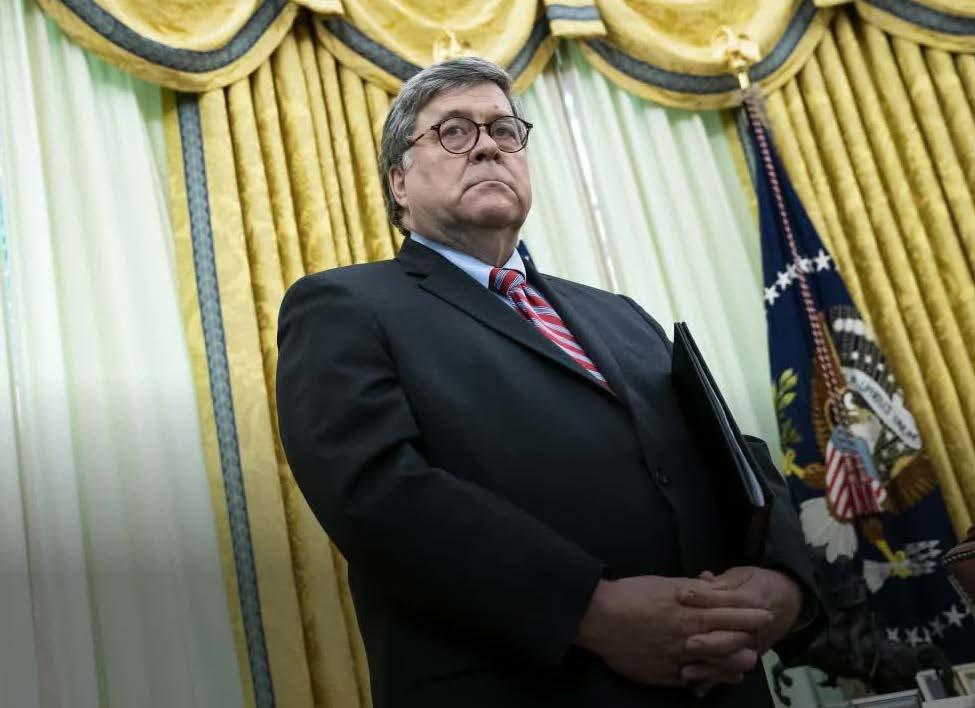
6 minute read
US coking coal relaxed amidst Biden Presidency
AMERICAS
US coking coal relaxed amidst Biden Presidency
US mining industries anticipate Joe Biden's presidency to lift certain barriers to the coking coal sector, but there is optimism that more attractive business dynamics can be fostered by infrastructure spending and a new approach to international ties.
In the last year or so, job cuts and mine closures related to a poor economy indicated that the Donald Trump administration struggled, as the industry had planned, to boost coal jobs substantially. But in the last election, support for the outgoing president in the big coal mining states of West Virginia and Alabama stayed high, although Biden won Pennsylvania over Trump by a narrow margin of 0.8pc. Meanwhile, ahead of Biden's presidency, mining companies remain relatively unfazed, with most of them concentrating on taking advantage of the recent rise in Chinese demand for low-volatile and mid-volatile alternatives to Australian coals in the midst of an import curb.
TIGHTER RULES BUT CONSTRAINED BARRIERS
US mining businesses anticipate stricter emissions regulations and more stringent permitting procedures, which may slow construction ventures and in certain situations, increase prices. "It is possible that pollution and stream security and methane emissions will be re-examined, but I do not anticipate a coal battle, and I do not expect the use of financial arms against coal," said one miner.
In late 2016, soon after taking office, Trump began unwinding legislation set in motion by former President Barack Obama. Yet market pressures have proven to be more strong than Trump's attempts to support a comprehensive deregulation of the sector. Competition with lower-priced shutdowns of natural gas and power plants connected to the mercury and air toxics law of Obama put the coal sector under threat, and would continue to do so under Biden.
US coal mining companies have also started a trend of moving into a relatively more profitable and competitive coking coal market in recent years, as global steel supply and demand continue to climb. "During Trump's presidency, coal was still in great financial difficulty," one mining company said. Trump's presidency also struggled to increase jobs in the US coal sector substantially, and coal output has also declined over the time.
In 2019, the bituminous coal industry employed an average of 51,605 employees, just marginally up from 50,735 in 2016, though overall coal output grew from 725 million st in 2016 to 773 million st in 2017, production only reached 703 million st in 2019, well below the 998 million st reported in 2014. For the first half of 2020, gross coal output in the US was 260 mn st, with estimates for the second half very difficult to keep up with last year's in the middle of continuing supply cuts and mine closures.
Trump's tenure in office coincided with higher output and prices of coal, helped in part by increasing domestic demand, but
mostly by rising exports. In March-April 2017, for example, disruption to Australia's Queensland Port caused by Cyclone Debbie pushed demand and US coal prices up sharply. In the second half of April 2017, the Argus measured US strong unpredictable A price peaked at $273/t Hampton Roads fob, relative to $119/t Hampton Roads fob today.
Although the US coal sector has traditionally been seen as a swing producer over the years, financial institutions' reluctance to engage with fossil fuels, particularly coal, has also rendered it challenging for many firms to access capital to increase mine production. Despite the good pricing climate in 2017-19, this delayed US coal production expansion.
Last year, the US shipped 55.3 million kilos of coking coal, up 35 percent from 2016. Yet exports are still below the highs of over 63 mn t in 2011 and 2012. US exports of coking coal dropped from 37.06mn t in the same span of 2019 to 27.99mn t in the first nine months of this year, weighed down by widespread market disturbances related to Covid-19, especially in Europe.
Biden's plan to invest in infrastructure is a good sign for US mining companies as far as US steel demand is concerned. Market hopes are that Biden would be able to enact a sort of infrastructure bill and come to Congress with an additional stimulus agreement to drive recovery from the Covid-19 pandemic's economic fallout. As a result, each of these may raise steel production and domestic demand for coking coal by promoting increased investment and use of steel that would not have existed otherwise.
The sector would benefit from better international ties. Since China imposed tariffs on US coal aimed at Trump's promise to bring coal miners back to work and revitalize the industry, US coal exports have not returned to the peak of 55.36 US coal mining companies have also started a trend of moving into a relatively more profitable and competitive coking coal market in recent years, as global steel supply and demand continue to climb. "During Trump's presidency, coal was still in great financial difficulty," one mining company said. Trump's presidency also struggled to increase jobs in the US coal sector substantially, and coal output has also declined over the time.
million t in 2018, with every state in the Appalachia area having voted for Trump in the 2016 presidential election apart from Virginia.
"Under a Biden administration, coking coal mining businesses are hopeful regarding foreign trade ties. "Biden would be a strong negotiator," one miner said, "I hope he will continue to negotiate with partners and persuade countries to play by world trade laws instead of moving alone like Trump has attempted to do. "Another miner said, "I don't anticipate odd taxes as they've been in the last few years, because it would be more difficult for countries to fight trade wars.
The Protectionist Section 232 tariffs on imported steel, one of the hallmarks of US trade strategy under Trump, are also supposed to tend to be modified under Biden, but not abolished.
If the administration of Biden leads, as mining companies hope, to a more peaceful foreign trading climate, this will allow them to focus on continued trade with conventional customers whilst finding opportunities with non-traditional customers.
If Biden will proceed to expand on the phase-one trade agreement signed by the Trump administration remains to be seen as well. There is little question that the elimination of import tariffs has encouraged the recent increase in US trade in coking coal to China.
But China has been sluggish to react to Biden's victory by releasing a formal acknowledgment only today at a briefing in Beijing by Chinese foreign ministry spokesman Wang Wenbin, though President Xi Jinping has yet to give public congratulations.
Though earlier market hopes were that China's impasse with Australia will not possibly continue past the planned seasonal demand peak for the lunar new year holiday cycle in mid-February, the speculation over the removal of import curbs is now less clear. The Argus estimated the price of Australian premium hard coking coal dropped today to a fouryear low of $99.40/t fob.
We have not got any reports on the current condition. But it is fair to say that any loosening of sanctions would not be seen until next February after the lunar new year festivities," a steel producer from northern China told Argus last week." A longer-term approach to re-establishing partnerships with US suppliers is being taken by Chinese mills, with cargo talks reported to stretch deep into deliveries by 2021.










